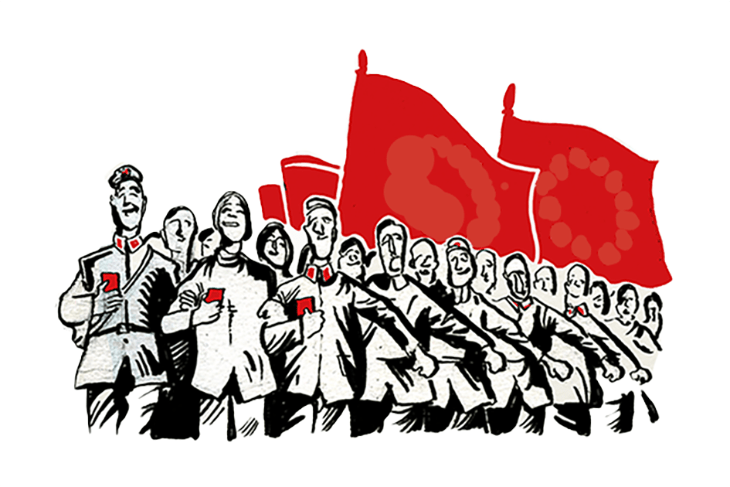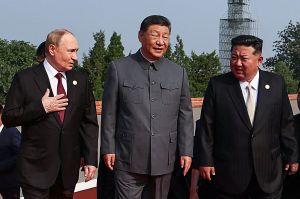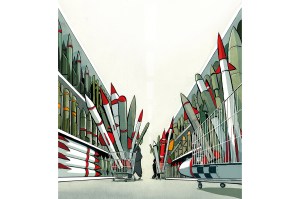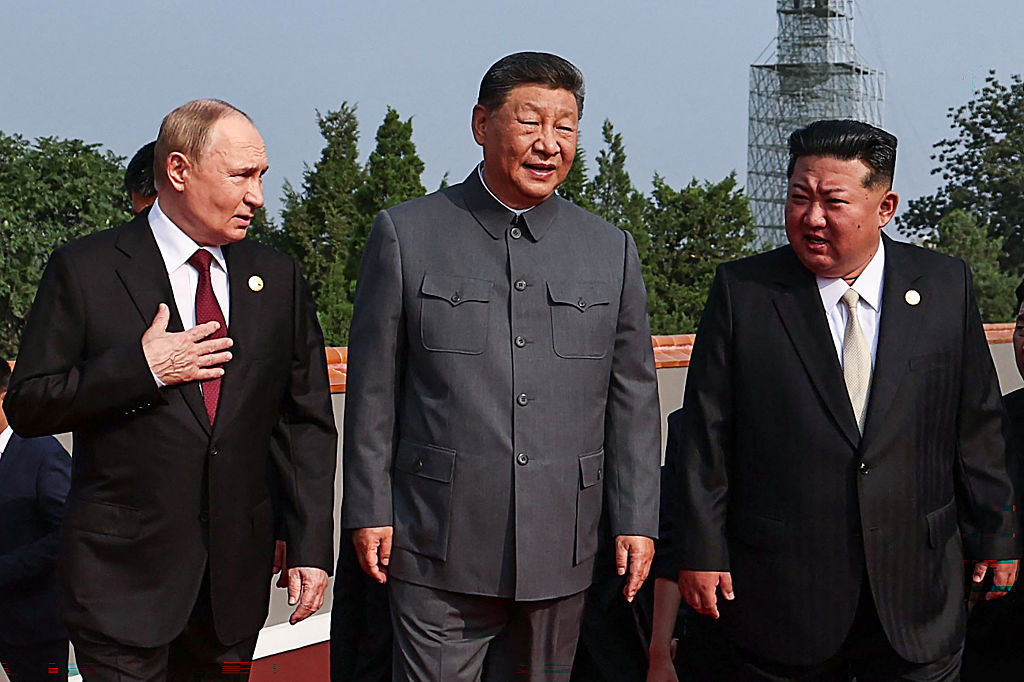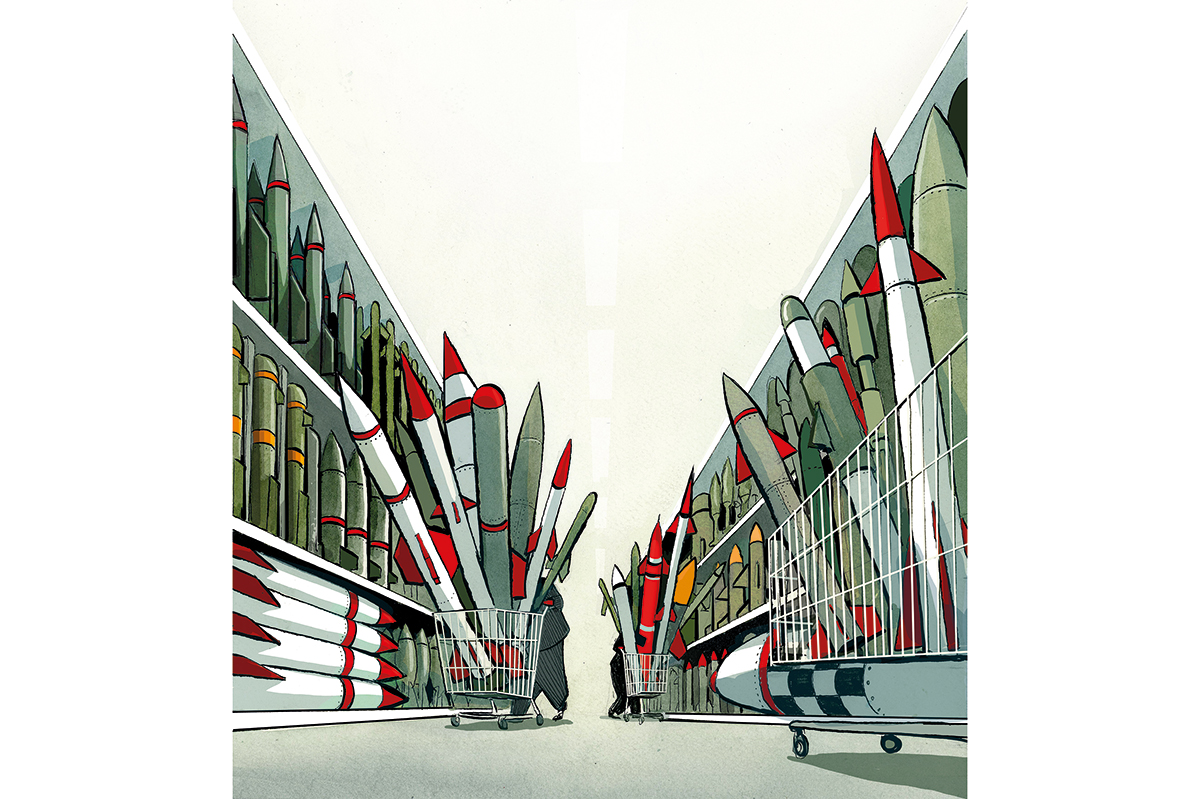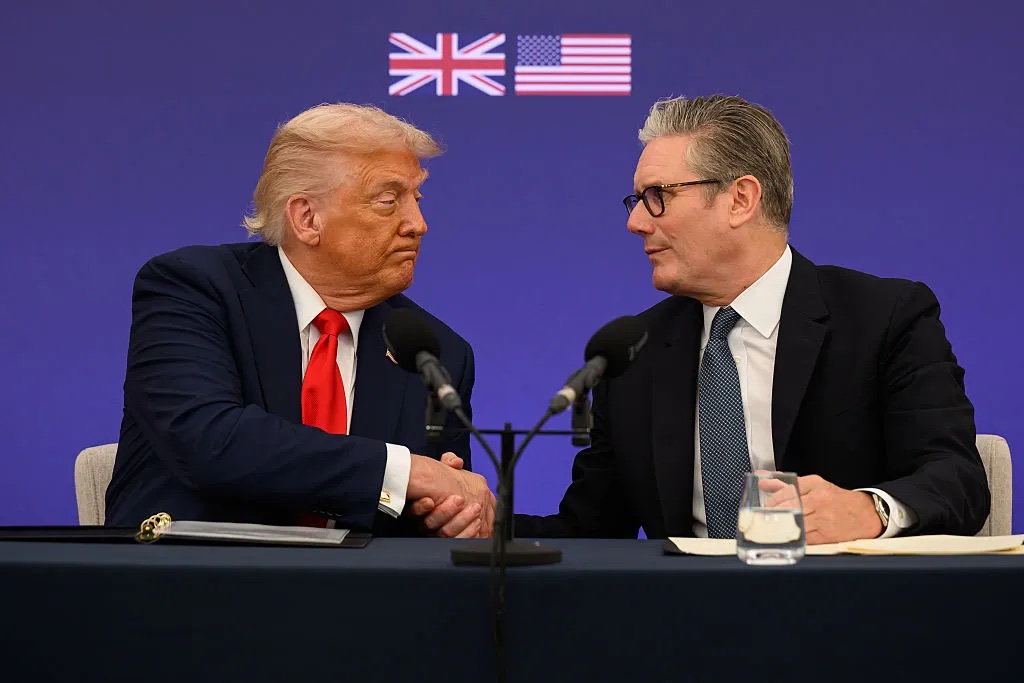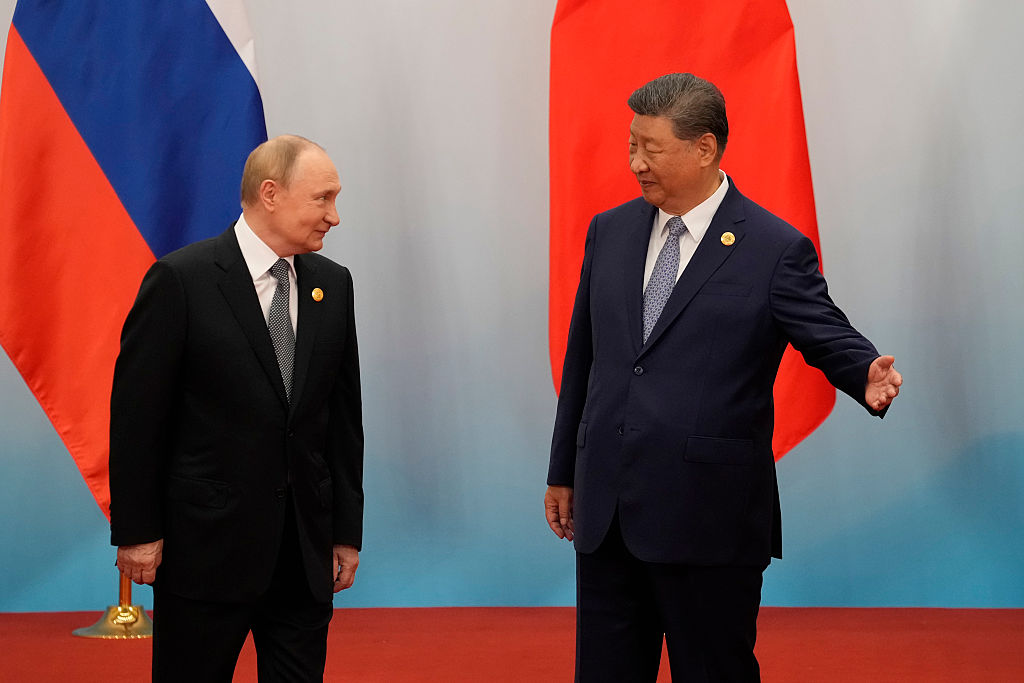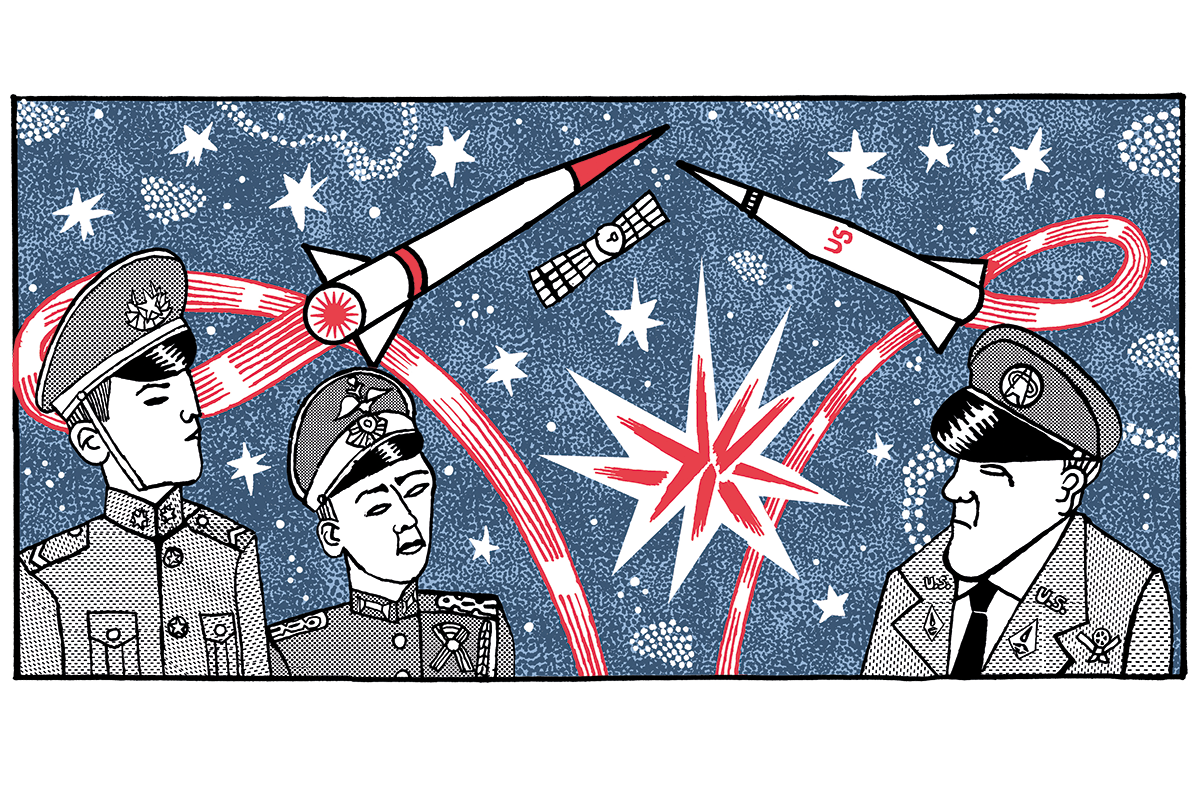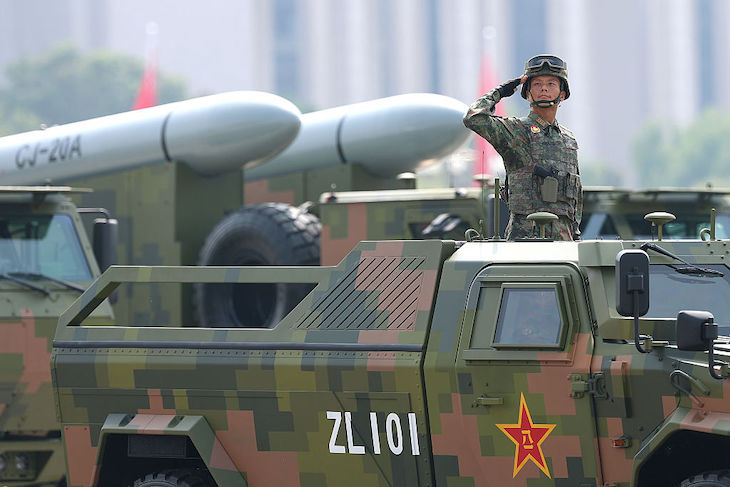At the height of the Cultural Revolution, over a billion copies of Mao’s Little Red Book were distributed across the People’s Republic. This small pocket-sized collection of quotations provided the scaffolding for an era of communist purges. Utopians need theory. And while the Maoist orthodoxies of the last century have faded, China’s need for a solid intellectual foundation is as strong as ever.
Xi Jinping Thought on Socialism with Chinese Characteristics for a New Era is that new theory. But it is written not by the general secretary himself but by an unassuming 65-year-old: his supreme theoretician.
Wang Huning has quietly shaped China over the last three decades, despite the fact that few of his countrymen could pick him out of a line-up. The French language graduate has served as an adviser to three generations of Chinese leadership since the death of Deng Xiaoping in 1997: Jiang Zemin, Hu Jintao, and now Xi himself.
His core belief in dynamic private enterprise, harnessed by a powerful union of party and state, has defined Chinese political thought. While the CCP is nominally governed by the nation’s constitution, decisions are made and legitimated through innovations in theory.
Marxism and its interpretations form the basis of that political theory, but that foundation has been used at various times to explain the necessity of both radical collectivization and radical capitalism. The pattern for most of the period after 1949 was this: a charismatic leader carried out directives that were backed up by theoretical advances, which were often credited to themselves.
Even the vigorous reformer Deng Xiaoping, remembered now mostly for feeble pronouncements about the benefits of pragmatism, fought his own theoretical battles with liberal reformers and conservative Maoists. Tiananmen Square, for example, was prefaced by a decade of theoretical debate, with ideological clashes over economics but also over concepts like alienation and individualism. Deng Xiaoping sidelined opponents using strong-arm tactics and political maneuvering in the aftermath of the massacre — but he also theoretically consolidated his position with his Deng Xiaoping Theory.
With the passing of the torch from Deng Xiaoping to Jiang Zemin in the late 1990s, China transitioned from rule by revolutionary intellectuals to rule by engineers-turned-bureaucrats. Wang Huning helped draft Jiang Zemin’s Three Represents in the early 2000s, the first major reinterpretation of Chinese Marxism since Deng Xiaoping Theory. The party was to represent China’s advanced industry, its civilizational culture and its people. He was also the author of Hu Jintao’s Scientific Outlook on Development, which continued the idea of raising living standards while ensuring equality.
So began the long march towards private entrepreneurship and marketization. But liberalization of society was not seen as a necessary condition of economic growth. Wang instead sought to promote indigenous political traditions as a potential alternative to western liberalism. Here, he was drawing on ideas popularized by new left thinkers that arose in the 1980s and 1990s as critics of liberal economic and political reform.
The new left saw that China would not return to revolutionary politics, but they were looking for alternatives to the western-led shock therapy and political chaos visited on the ruins of the Soviet Union. New left thinkers like Cui Zhiyuan — promoter of Great Leap Forward and Cultural Revolution models in the service of what he called ‘economic democracy’ — certainly had some influence on Wang Huning. And we can see that also in his recognition that the party had to ensure the economic tide lifted all boats if it was to contain potential resentment.
Yet the Jiang and Hu years are remembered now as a freewheeling golden age, gained at the cost of a relinquished party grip on the economy — completely contrary to the theoretical statements drafted by Wang Huning for their leaderships.
The 2012 rise of Xi Jinping to the position of paramount leader was a return to the good old days: personal rule justified by theoretical innovation. The ideas behind Xi Jinping Thought are much the same as those of the previous leaders’ ideological statements — not surprising, since they share the same author. But unlike Jiang Zemin and Hu Jintao, Xi Jinping has worked to live up to the theoretical statements drafted for him by Wang Huning. He has happily cracked down on wayward businesses and corrupt officials.
Although Wang Huning has mostly remained in the shadows, his long out-of-print 1991 book on American politics has been resurrected in the wake of increasing Sino-American tensions. America Against America is a hearty rebuke of Atlantacist democratic institutions, written during Wang Huning’s time in the United States. He depicts a society where foundational values were being replaced and fundamental teachings were undermined; the ritual of voting had become meaningless, he realized, given that the government was no longer responsive. The book is about the failure of American democracy but could more accurately be seen as a statement on Chinese politics — and that statement could be summed up as ‘let’s do the opposite of this’.
Much has been made of the rise of China as a threat to the West, but for Wang Huning, it is not ‘America against China’, but ‘America against America’. China will not attain dominance through a military conflict with the West, but by outlasting them. The next-generation weapons that the People’s Liberation Army scientists are surely developing will likely never be used, except in state media propaganda. The real advantage comes from theoreticians like Wang Huning, who produce the ideas that will ensure the durability of the Chinese system.
This article was originally published on The Spectator’s UK website.



